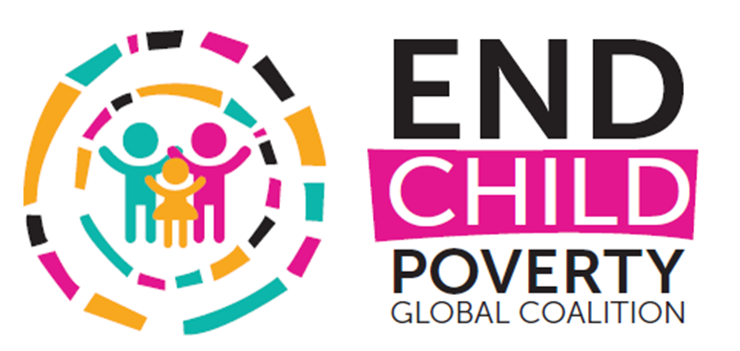Child Sensitive Social Protection
Child-sensitive Social Protection (CSSP) is a well-proven approach within social protection to help realize the rights of children. CSSP helps families to cope with chronic poverty, stresses and shocks and enables them to invest on an adequate and continuing basis in their children’s well-being. CSSP can be implemented in both humanitarian and development contexts, and across sectoral areas, to advance the rights and wellbeing of children, including – particularly - those who are poorest and most deprived. This involves designing and implementing specific polices and programmes that directly address children's needs and rights and improve child development, as well as more widely ensuring that all social protection programmes are child-sensitive, by planning to maximise beneficial impacts and minimise any potential harms fro children, girls and boys alike.
Why social protection needs to be child-sensitive...
Fully half of the world’s people who live in extreme poverty are children, and their experience of poverty and vulnerability and social exclusion is different from that of adults. Small differences in the design and implementation of social protection programmes can make a huge difference for children. Making social protection child-sensitive has the potential to benefit not only children, but also their families, communities and national development as a whole.
This policy brief from the Global Coalition to End Child Poverty defines the principles of CSSP and broadly summarises;
- How is Child-sensitive Social Protection pursued and implemented
- Social protection and priority sectors for the life cycle of children
- How can CSSP be achieved
- The role of the coalition and its partners' in helping to advance CSSP
Title; Child Sensitive Social Protection Briefing Paper
Author/s; Global Coalition to End Child Poverty
Publication date; 1/11/2017
Download HERE

